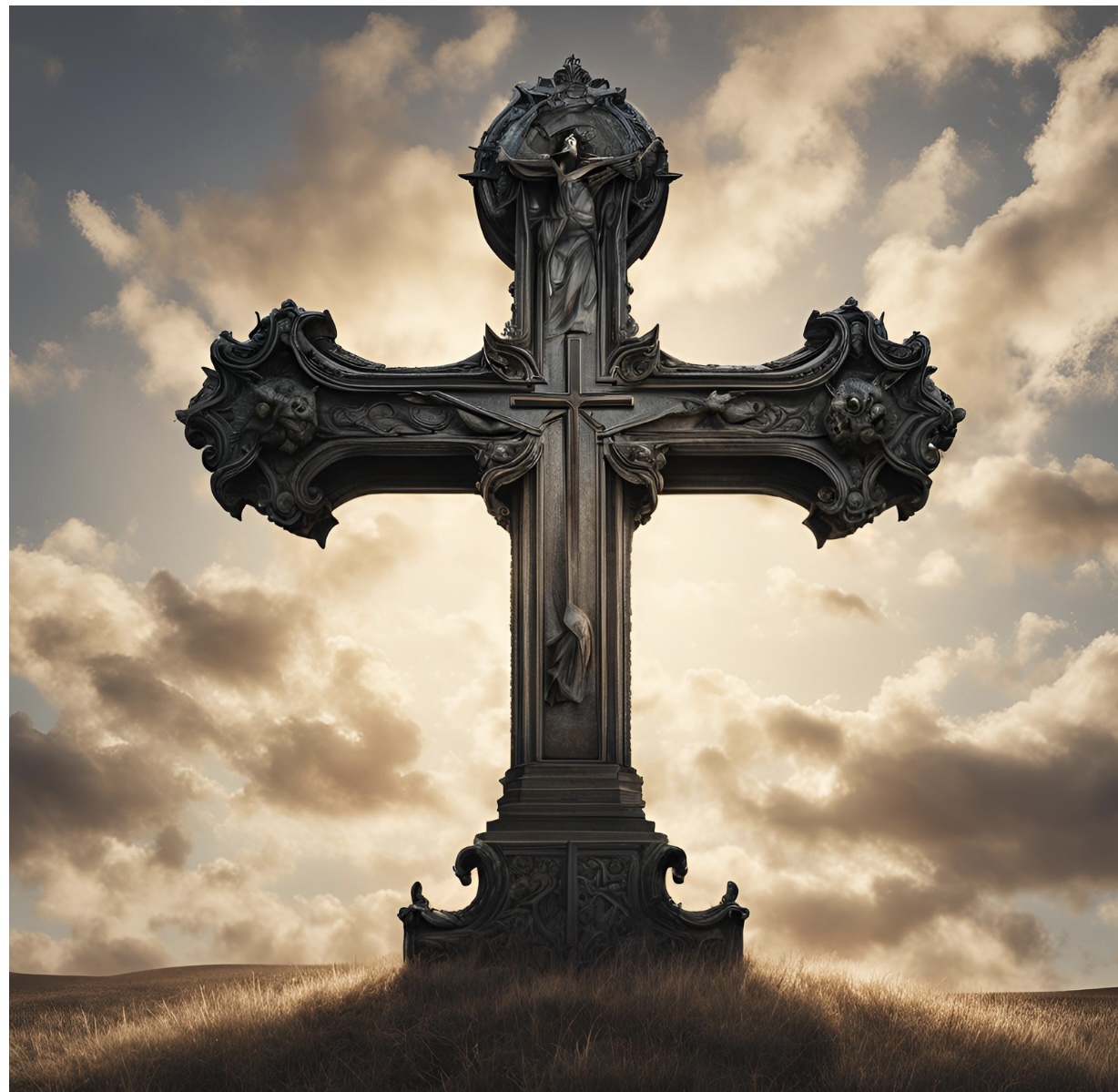Some churches, including Deeper Life and MFM (Mountain of Fire) oppose the idea of Christmas. They present interesting arguments bordering on customs, tradition, commercialisation and faith.
Christmas, a widely celebrated festival, has become the center of debate for many churches. Deeper Life Bible Church, Mountain of Fire and Miracles Ministries (MFM), and other religious groups have raised objections.
These churches argue that Christmas has no biblical basis and is rooted in pagan traditions. The controversies surrounding Christmas delve deep into history, theology, and cultural practices.
Members of these churches argue that the Bible does not mandate Christians to celebrate Christmas. The origin of Christmas, according to theologians and historians, lies in ancient Roman festivals. December 25th was the date of Saturnalia, a festival honouring the Roman sun god. Critics, including those in Deeper Life and MFM, argue that Christmas, with its sun-related imagery and customs, is a Christianized version of these pagan celebrations.
The idea that Christmas is a pagan holiday isn’t new. The Jehovah’s Witnesses rejected Christmas for similar reasons back in 1928. Deeper Life’s Pastor W.F. Kumuyi has openly condemned the celebration of Christmas, citing its idolatrous origins. He argues that Christmas songs and customs—like Christmas trees—are not found in the Bible or early Christian practices. Deeper Life members see this as church frauds.
The insist that the Bible does not command the observance of Jesus’ birth. Citing John 4:24 and Colossians 2:8, they say Christians are called to worship in spirit and truth, not traditions based on human practices.
Details why Adventists, Witnesses, Deeper Life and MFM oppose
Dr. Daniel Olukoya, the founder of Mountain of Fire and Miracles Ministries (MFM), has also publicly denounced Christmas. MFM views Christmas not as a Christian festival but as a commercialized event with pagan origins.
In 2019, Olukoya explained that Christmas is grounded in Roman customs, particularly the Saturnalia festival, which involved drunken revelry and idolatry. The church believes that participating in such a holiday undermines the purity of Christian faith.
MFM advocates for spiritual purity and holiness over cultural practices. The “Power Must Change Hands” ceremony, a prayer and deliverance event organized by MFM every New Year’s Eve, replaces the celebration of Christmas. For MFM, the focus is on personal spiritual growth, not on conforming to worldly customs.
Pastor W.F. Kumuyi’s Deeper Life Bible Church has its own annual tradition to honour Jesus’ birth: Freedom Day. This event normally holds in October. The aim, the argue, is to focus on the spiritual significance of Christ’s birth. The argue that the December celebrations are merely secular. For Deeper Life, Christmas is simply not worth celebrating because it has no basis in Scripture and emerged from non-Christian rituals. They insist that the absence of Christmas customs from early Christians shows that the festival should not be part of the faith.
Similarly, Seventh Day Adventist church does not celebrate Christmas. The church literature explains their position, pointing out that Jesus was not born in December. Instead, it sees Christmas as a commercialized event with pagan roots. Just like the Adventists, Jehovah’s Witnesses oppose Christmas for about the same reasons.
Theological and sociological perspectives
Theological discussions about Christmas have long been controversial. Some philosophers argue that the celebration of Christ’s birth was never part of the early Christian tradition. For instance, the early Church did not focus on commemorating the birth of Jesus, as it emphasized on His death and resurrection.
Christian philosopher, Dr. James White, argues that Christmas, as we know it, developed long after the apostles. That makes it a human tradition rather than a divine ordinance. Thus, his position backs churches like Deeper Life and MFM see it as an unnecessary tradition that detracts from the true essence of the Christian faith.
Sociologists also contribute to the debate about Christmas. They argue that Christmas, as it is today, has become a cultural and commercial spectacle. According to sociologist Timothy Ndude, Christmas has evolved into what he terms a “consumerist holiday.” That, according to him, distracts from the spiritual essence of Christianity. The excessive focus on gifts, shopping, and secular rituals makes it hard to distinguish between true Christian observance and societal norms.

Leave feedback about this